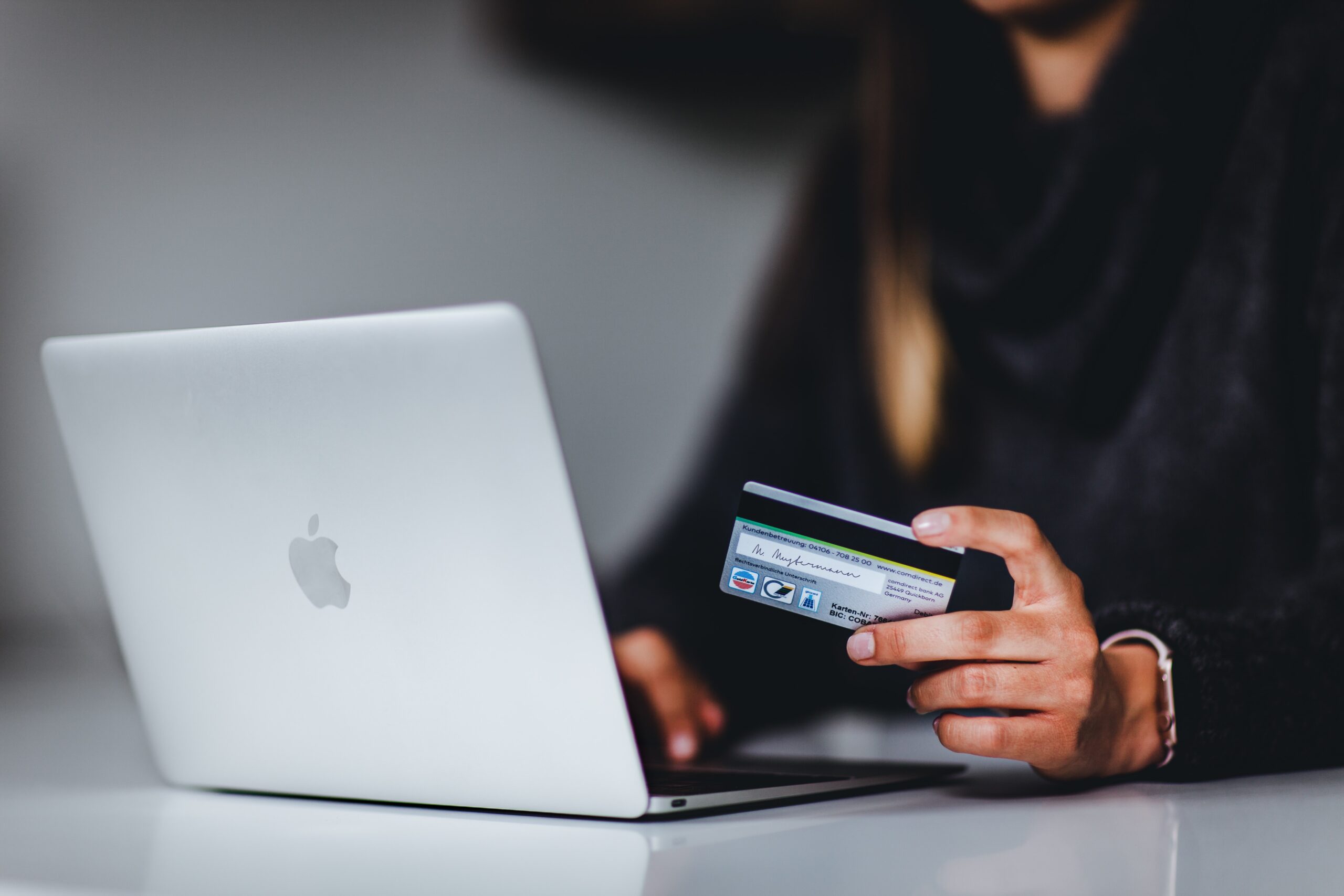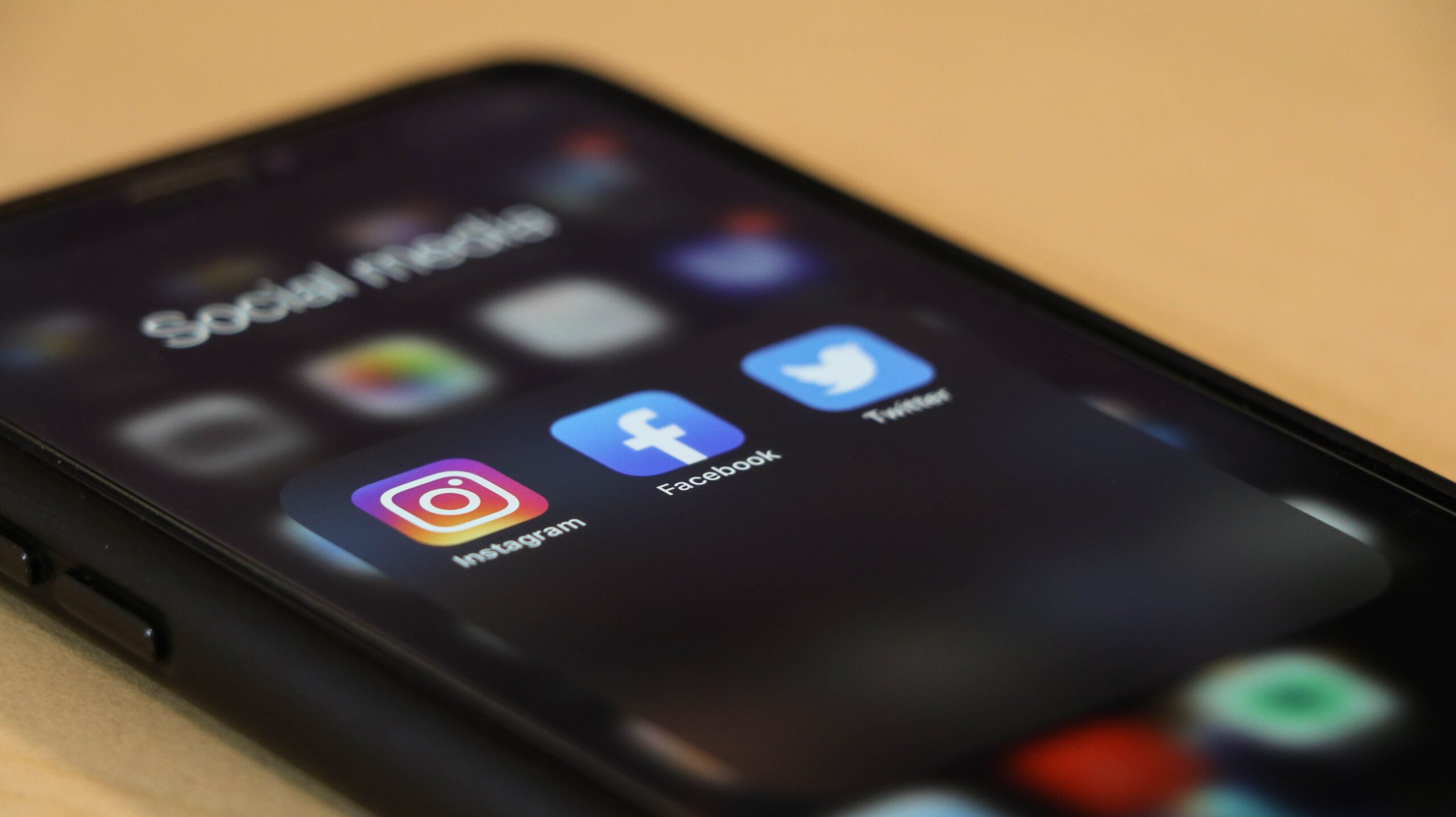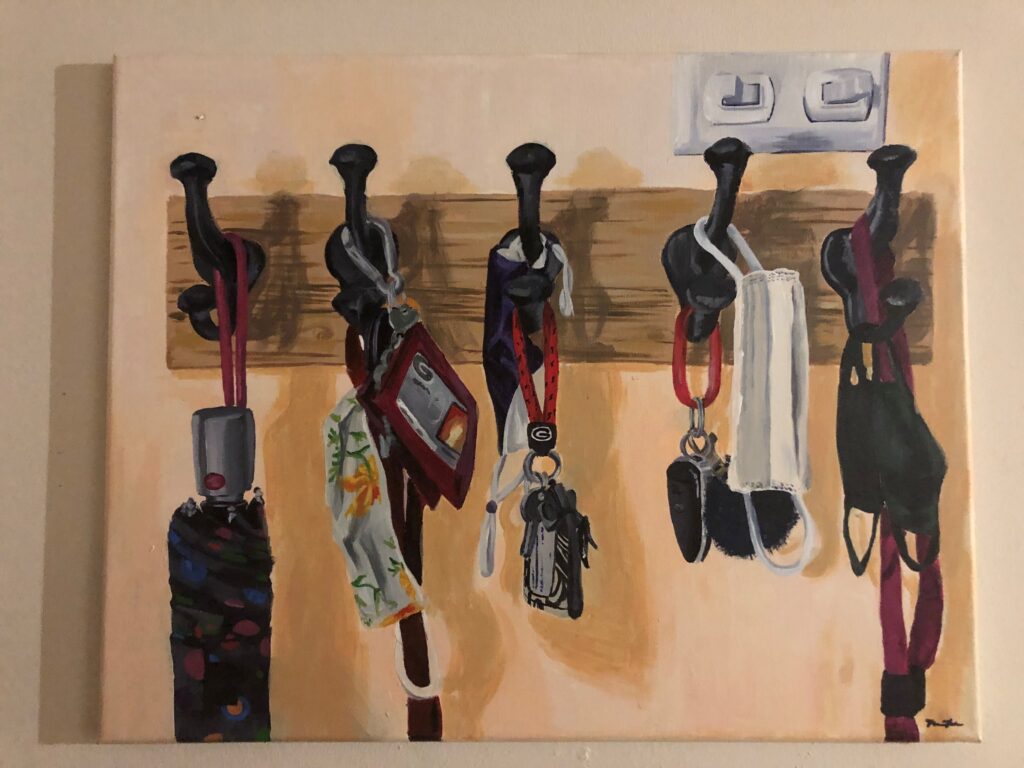Whenever I hear anyone talk about the pandemic, I can’t help but think about a history class I took back in freshmen year of college. We were discussing how each generation has experienced some sort of huge societal change. Baby boomers, for instance, lived through the era of large movements such as the civil rights and women’s rights. As we reach my generation, Gen Z, during our class discussion, my professor has very little to say.
“Since you are all such a young generation, you have not experienced such events yet. But don’t worry, your time will come eventually,” she said, smiling as if it was no big deal.
Never would I have imagined back then that our “huge societal change” would be a pandemic.
On this page, I tell short stories about my life during the pandemic, now that we have become acclimated with the new way of things. Go ahead and scroll through the story at your leisure or hover over the boxes below to view particular sections.


Online Shopping: My New Addiction
“Bye everyone! I love and miss you all so much,” I say as my family’s Zoom boxes slowly disappear and the pop-up declaring that the host ended the meeting for all appears. My grin slowly disappears, and I proceed to check my phone as I listen to my roommate open the fridge and pop open a can of Pepsi in the kitchen.
It is now August 2020, and I am officially moved into a house with my friends back in Athens. Classes are still all online, but I am excited to attend Zoom University at my own desk in my room rather than the kitchen counter back at home.
My eyes are glued to my phone as I scroll through Amazon for some candles that I could very much just grab at the Walmart 10 minutes from my house. Before covid, I occasionally had my moments where I would go on an online shopping binge. But now, because of the pandemic, the idea that everything I could ever purchase was quite literally at my very fingertips has been enhanced in some way.
I no longer have an occasional binge; I have an addiction.In fact, almost half of my total spending since the pandemic started happen to be from online shopping. Just this month, as school is beginning to start, I spent close to $800 on purchases from online stores such as Amazon.
Way to support the corrupted billionaires, Jordan.
While adding candle holders to my Amazon cart, a notification for my online groceries pops-up at the top of my phone screen.
I click on it to view updates to my order that I am supposed to pick up today.A groan escapes my mouth as I stare at the unavailable items. This is the second week in a row where they do not have Dave’s Bagels, which means I either have to stop by the Kroger on the way home from picking up groceries or survive this week without my bagels. Since my stubborn self has no interest in entering the store with those who choose to not wear masks, I decide to suffer the week without my precious, organic bagels.
I sigh and drag myself out of bed. My attire of the day includes a large baggy shirt, running shorts, and yet another great messy hair look. I grab my keys that hang right next to the front door and glance at the rows of both disposable and reusable masks that my roommates and I have collected. The constant reminder of a new normal after 3 whole months of a nationwide shutdown.

…
A Walmart employee taps on my car window as I sit on my phone, now browsing for a metal napkin holder to match with the candle holders I ordered. I look up from my daze and slowly roll down the window.
“Hello!” the employee says, “were you able to review the items unavailable?”
“Yes!” I exclaim, “no worries!” Except you could tell your manager to order more Dave’s bagels so I don’t have to go another week without it, I think to myself.
“Sounds good,” the employee types away at the tablet in his hands, “where would you like your groceries?”
I shift in my seat, “the trunk is fine, thank you,” I say while awkwardly watching the employee walk behind my car. I lean forward and push the button that releases my trunk open. It’s the least I can do for him while I sit comfortably in my car as he hauls my groceries into the trunk. No matter how many times I do this, I will always feel weird about it, but there’s no way I am going back to shopping inside. Despite the obnoxious amount of plastic bags they give you when ordering online, it will always be easier than spending hours trying to find one ingredient down multiple aisles in the store.
Online Shopping
You know we all love it. Online shopping has been with us long before this pandemic, but just how much has these past two years influence this popular way of purchasing things?
Click one of the brands listed to learn more...

Amazon is on a Roll
A New York Times article gets to the point very quickly:
"With the pandemic shifting sales online and consumers flush with stimulus checks, Amazon on Thursday reported $108.5 billion in sales in the first three months of the year [2020], up 44 percent from a year earlier. It also posted $8.1 billion in profit, an increase of 220 percent from the same period last year."
Now that's a whole lot of money. Nice to know I was not the only one who was trying to keep their sanity through Amazon purchases during lockdown.
Grocery Pickup and Delivery
Will grocery shopping ever be the same again? Do we really want to go back to digging through store shelves just to find one measly little can of sauerkraut because you really want to make a Reuben sandwich for dinner that night?
According to a survey of 2,000 Americans, "nearly seven in 10 Americans believe the traditional grocery store run will be a thing of the past due to COVID-19."
In addition, the average time that Americans spend in grocery stores has decreased by 10 minutes.
Source: Will grocery shopping ever be the same again after coronavirus? (nypost.com)
Social Media Disinformation: There’s No Escape
Have you ever read an Instagram post and knew immediately that the information provided was false? You’re lucky if you haven’t had that encounter, the algorithm has clearly been very kind to you.
It is February 2021, and more and more news of the new covid vaccines become the topic of discussion anywhere I go.
At the time, I had not even considered how incredible it was that scientists were able to create these vaccines in this short period of time.I was simply counting down the days until I became eligible to receive the vaccine. I was quite impatient, actually.
Unfortunately, there were many people I knew at the time who felt otherwise.
One day, as I sit on my futon at home, waiting for class to start, I start swiping through Instagram stories. Immediately, my thumb pauses as I stare at one particular story in disbelief. It is a post shared by one of my family members. In large red letters, the post read:
"The COVID vaccine is used to track you. Don't let them control your life."Of course, like any curious person who would see something so disturbing, I click to view the full post. In the caption, the account talks about how the government uses the vaccine to implant chips into our bodies that are used to track our every move. I can feel my eyes roll as I click to read the comments, and that’s when all of my thoughts go numb.
No matter how much I scroll, there is no escaping the abundance of people who believe this post. My eyes glaze over multiple comments of terrified mothers who fear the vaccine will harm their children and pregnant women who claim the vaccine kill babies straight from the womb. Other comments further talk about government control and the ongoing argument that COVID is not actually real.
I can feel my heart stop. I’ve seen how disinformation can spread across social media, but it did not make it any easier coming across them on my own feed, let alone a family member’s account. It’s always the same questions that arise in my head:



I begin to grow angry at the absurdity and I toss my phone on my bed as I walk out into the kitchen to start cooking dinner. My hand yanks at the handle of the fridge and as I grab a stalk of celery a faint vibration reaches my ear. On instinct, I drop the celery back onto the fridge’s shelf and shuffle over back to my phone.
The screen glows to life from my hand only to reveal a lock screen with no notifications. I groan knowing that I specifically left my phone in here so I did not use it for the rest of the night after viewing those posts. No matter how independent I would like to be, my own ears can’t even keep me away from this piece of technology that has become another body part of mine.
Phantom vibrations: 1, Jordan: 0
